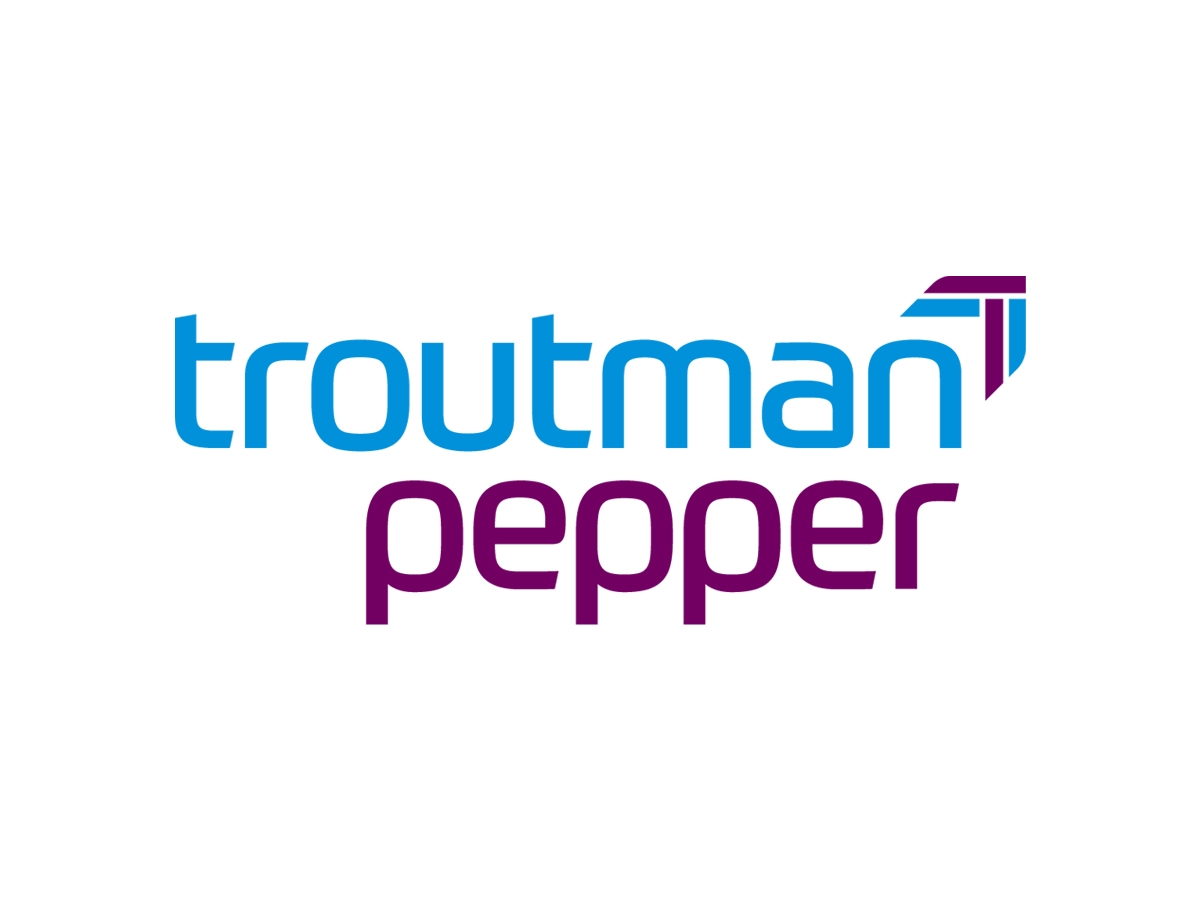Source: site

On November 13, the Consumer Financial Protection Bureau (CFPB or Bureau) released a pilot study titled “Matched-Pair Testing in Small Business Lending Markets” highlighting what the CFPB believes were two statistically significant disparities in the treatment of Black and white small business owners seeking loans. First, the secret shopping study indicated that Black entrepreneurs were less encouraged by small business lenders to apply for loans. Specifically, such lenders expressed interest in obtaining loan applications from 40% of white participants, but only 23% of Black participants. Second, the study found that Black participants were more frequently steered toward alternative financing products — such as business credit cards or real estate-secured loans — compared to their white counterparts with similar or weaker business credit profiles. Specifically, non-requested or alternative credit products were discussed with 59% of Black participants, compared to 39% of white participants.
To conduct the study, the CFPB used matched-pair testing with trained individuals posing as small business owners seeking credit. The study involved 100 in-person test visits to 25 unique bank branches in Fairfax County, Virginia, and 25 branches in Nassau County, New York over the course of several months in 2023. Testers presented themselves based on a pre-developed small business profile and inquired about available business financing options. Each visit was audio recorded, and participants completed a survey documenting their experience.
The study examined four key aspects of the loan inquiry process:
- Encouragement or Discouragement to Apply for a Loan: Black participants consistently reported feeling less encouraged to apply for loans than their white counterparts. The objective index of potentially encouraging or discouraging behaviors showed that Black testers received worse treatment than white testers.
- Information Provided About Requested Loan Products and Potential Steering to Other Products: While bank representatives were equally likely to discuss the requested business credit products with both Black and white testers, they were significantly more likely to discuss non-requested products with Black testers. This difference was large, with bank representatives discussing non-requested products with nearly 3 in 5 Black testers, but fewer than 2 in 5 white testers.
- Overall Quality of Treatment or Customer Service: White testers subjectively reported higher levels of customer service than Black testers. However, there were no statistically significant differences in the objective index measure of observed customer service behaviors.
- Amount of Business and Credit Information Requested: There were no statistically significant differences in the amount of business and credit information requested from Black and white testers.
In the press release announcing its findings, the CFPB stated that, though limited to two counties, the pilot study illustrates the need for comprehensive lending data to uncover potential discrimination. The Bureau also noted that, as of now, under its Section 1071 Final Rule, the largest lenders will be required to collect data on their lending decisions starting in July 2025, and to report that data to the CFPB starting in June 2026. For the latest update on the legal challenge to the Section 1071 Final Rule, see here.
Our Take:
While this pilot study is limited in scope and covers secret shopper small business credit applicants in only two counties, it is clearly designed to support and underscore required industry data collection and reporting efforts under the CFPB’s Section 1071 Final Rule. As the Bureau states in its press release, the study “illustrates why collecting comprehensive [small business] lending data is crucial for uncovering potential discrimination.”
Of course, once small business lending data is collected and reported, the CFPB, other regulators, and consumer advocacy groups will begin analyzing it for evidence of discrimination. Indeed, the CFPB states that it will begin reviewing this data beginning in July 2026. In our view, this pilot study is the CFPB’s first shot across the bow foreshadowing that discrimination may well be found in such small business lending data — and supervisory and enforcement actions will likely result.
But the release of this study, in our view, goes beyond underscoring the fair lending risks that will come into being once 1071 data starts to be collected. Rather, it deals with a type of alleged discrimination that regulators (federal or state) could bring even without any access to 1071 data at all, and concerns alleged conduct that likely would not be revealed in 1071 data analysis (i.e., whether applicants were “encouraged” to apply or not). The release of this report at this juncture in time, over a year after the testing actually occurred, also seems to us to be a blueprint for state regulators and consumer advocacy groups to conduct similar testing and bring claims under ECOA, again without the need for 1071 data. It also suggests that banks offering small business loans through in-branch application processes may want to consider doing similar Matched-Pair testing themselves, which would be the only way to monitor for conduct like that alleged in the report. Banks wishing to do so may be able to avail themselves of the self-testing privilege under ECOA to protect the results of such testing.




